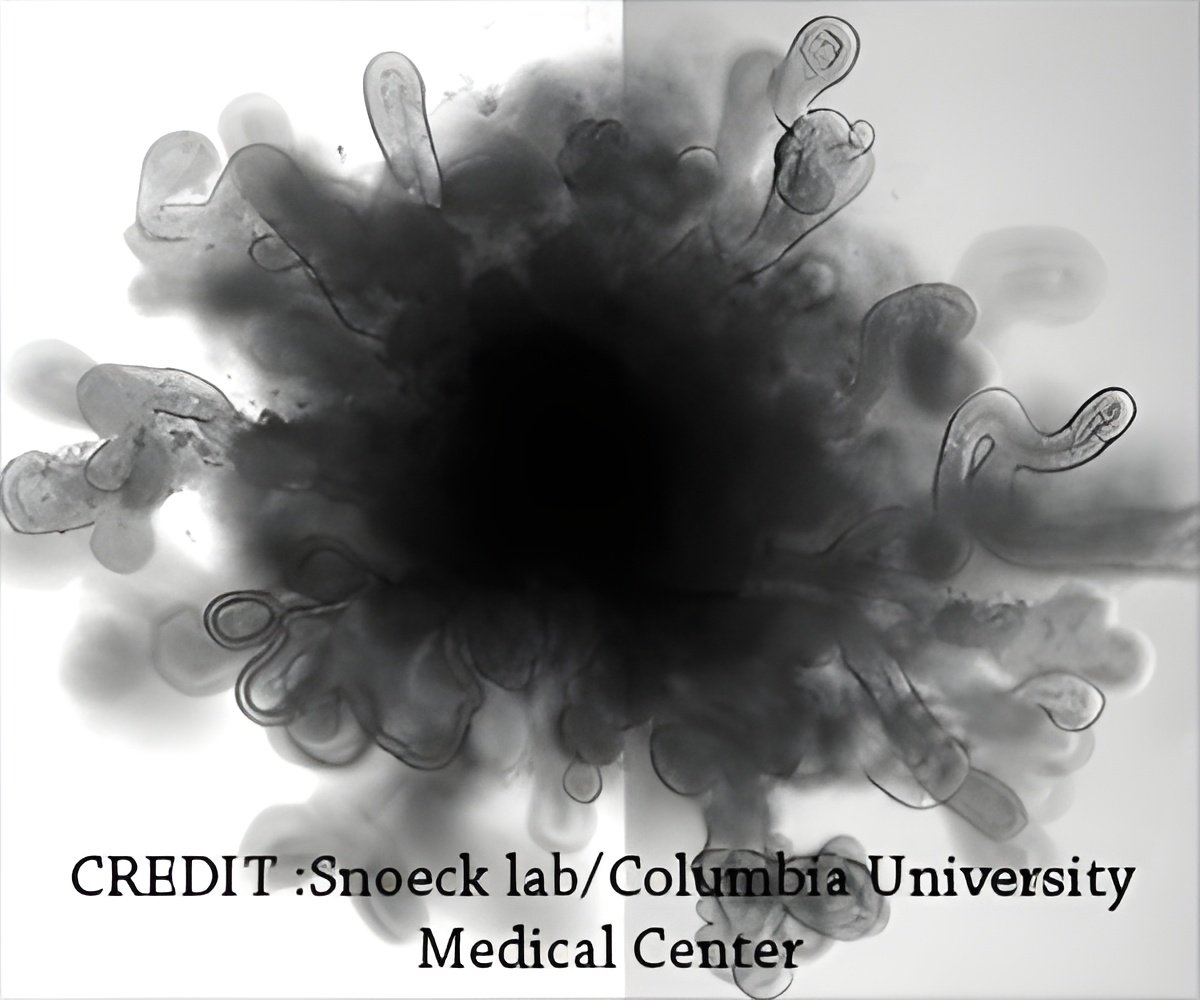Organoids can serve as a personal cancer model that aid in developing best treatment methods for every patient suffering with gastrointestinal cancer.

‘Using organoids can help develop better treatment methods for every patient who is suffering with gastrointestinal cancer.’





Organoid culture methods have been established for healthy and diseased tissues from oesophagus, stomach, intestine, pancreas, bile duct, and liver. Because organoids can be generated with high efficiency and speed from patient samples, they can serve as a personal cancer model that can guide clinical decision-making.
"Research using organoids has already unraveled so many of the underlying causes of cancer. But, for me, their real promise lies in their capacity to predict treatment response," said lead author Merel Aberle, MD, of Maastricht University, in The Netherlands.
"In future, organoids could be used to find the best treatment combination for every patient, thereby increasing response rates, but also reducing the side-effects unnecessary treatment may cause. I hope that this review inspires more surgeons, oncologists, radiologists, and other healthcare professionals to use this model and set up collaborative clinical trials."
The new study was published in British Journal of Surgery (BJS).
Advertisement
Source-Eurekalert









